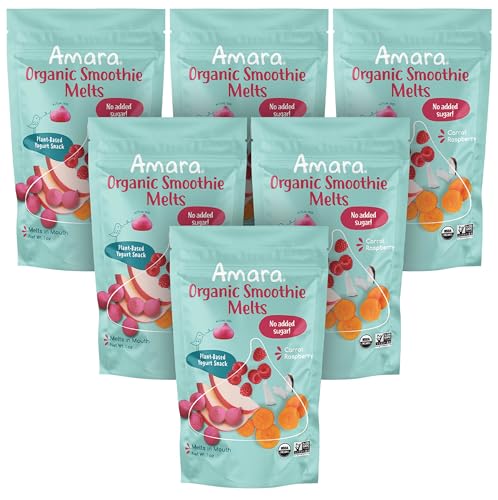So there is a couple does that do have a larger stomach. I thought they could be pregnant but have not palpated them as they aren't super friendly and I want them to settle in. They aren't really eating a ton either. Not like they should. Not sure if eating that much grass is messing with there stomachs or not. Should I give some meds for coccidiosis? They aren't acting super lethargic
Grass shouldn't mess up their stomachs if that's what they grew up on. It
will reduce their consumption of pellets, which in many cases is a
good thing! But while grass is a natural food for rabbits, it's not a complete diet. Wild and feral rabbits eat a lot more than just grass; they also eat forbs, flowers, buds, shrubs and tree bark, among other things. And in my experience they will never get as meaty and plump as a pellet-fed rabbit, which is what most meat breeders are hoping for and what you should see in a NZ.
Since your rabbits had access to pellets as well as grass before you got them, shifting them mostly or entirely to pellets shouldn't cause any GI issues. If you can get the brand of pellets they were being fed, at least for a while, that would be ideal.
It's always a good idea to give compromised rabbits hay, since it soothes them in several ways, and giving them a good grass hay (not alfalfa, which is a legume) may help your NZs transition more smoothly. But if you're concerned with them being underweight, hay is not really going to put on the pounds, no matter how much of it they eat.
I always wait to use meds as a last resort, especially in meat rabbits. If I had the rabbits in question, I'd pull them off the ground, give them free-fed pellets, grass hay and BOSS/oat supplements (about a Tablespoon per rabbit per day) and watch them closely. I'd weigh them frequently and if I didn't see almost immediate improvement, meaning gaining at least an ounce or two within the week, I'd go ahead and give them Corid. With coccidiosis, there does seem to be a point of no return, and by the time they're sitting hunched and grinding their teeth in pain, it's often too late to pull them back.
It sounds like your rabbits might be too big and shy to do this, but sometimes if you pick up a rabbit with coccidiosis and move it back and forth near your ear, you can hear sloshing.
And watch those bellies; a pregnant doe usually doesn't get an especially big belly unless she's already had several litters, has lots of babies in there, and is close to kindling. But if you think your does might be pregnant, I'd go ahead and give them nest boxes just in case.



















































